Mitochondria are eukaryotic organelles that were once bacteria. Of course, someone may argue that this is just a hypothesis, but this hypothesis has long grown into an endosymbiotic theory and is generally accepted in scientific circles.
It has long been believed that mitochondria originated from alpha-proteobacteria, probably two billion years ago.
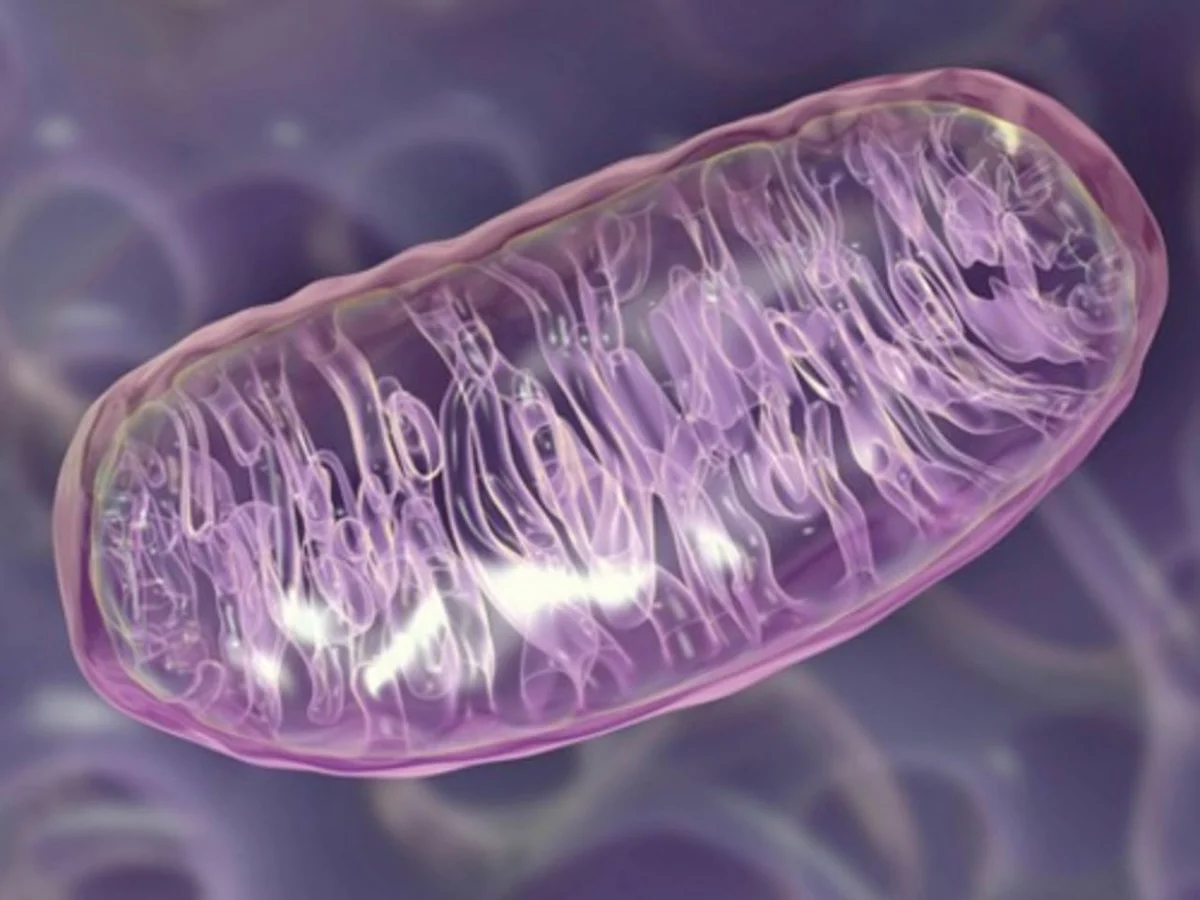
, - . , , ? . ;
?
, , - ?
?
?
, , . , , « » - - - , .

, - . , « » « »,
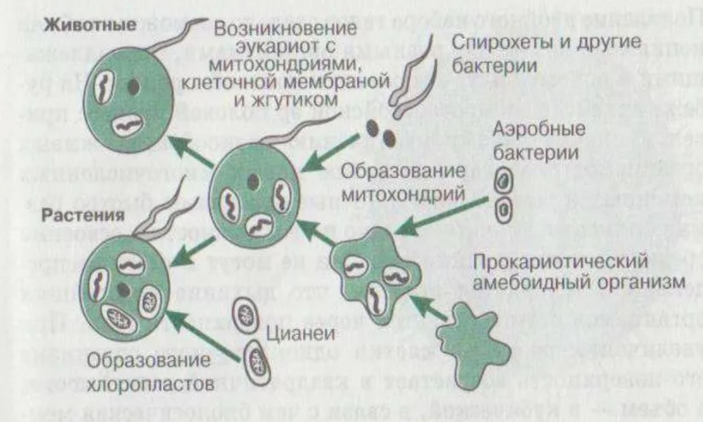
, , « », , - . , , , « ».
, . , . 2020 . [1]
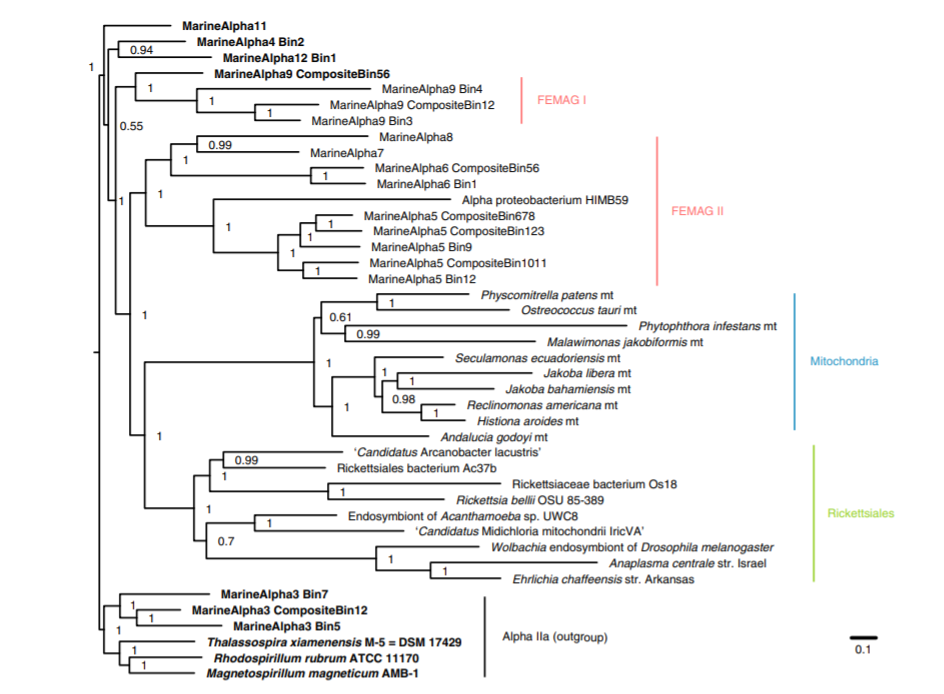
, 2014 [2].
, - , « » . .
, . , , -, , -, , -.

- , , , - . , , « », , .
( ). , , 2014- .
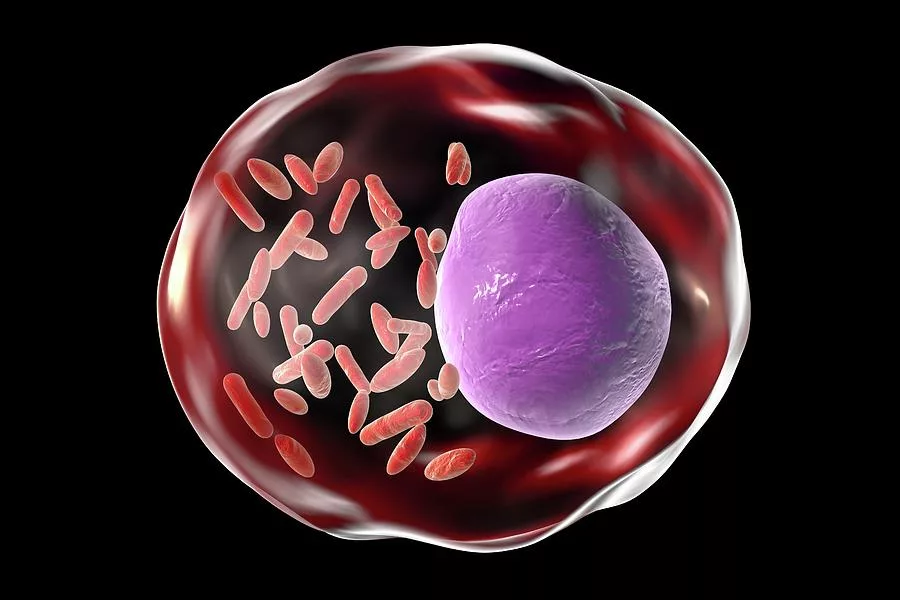
, , - . - , . . . - [3;4].
-, , . BLAST / - . , , - , .
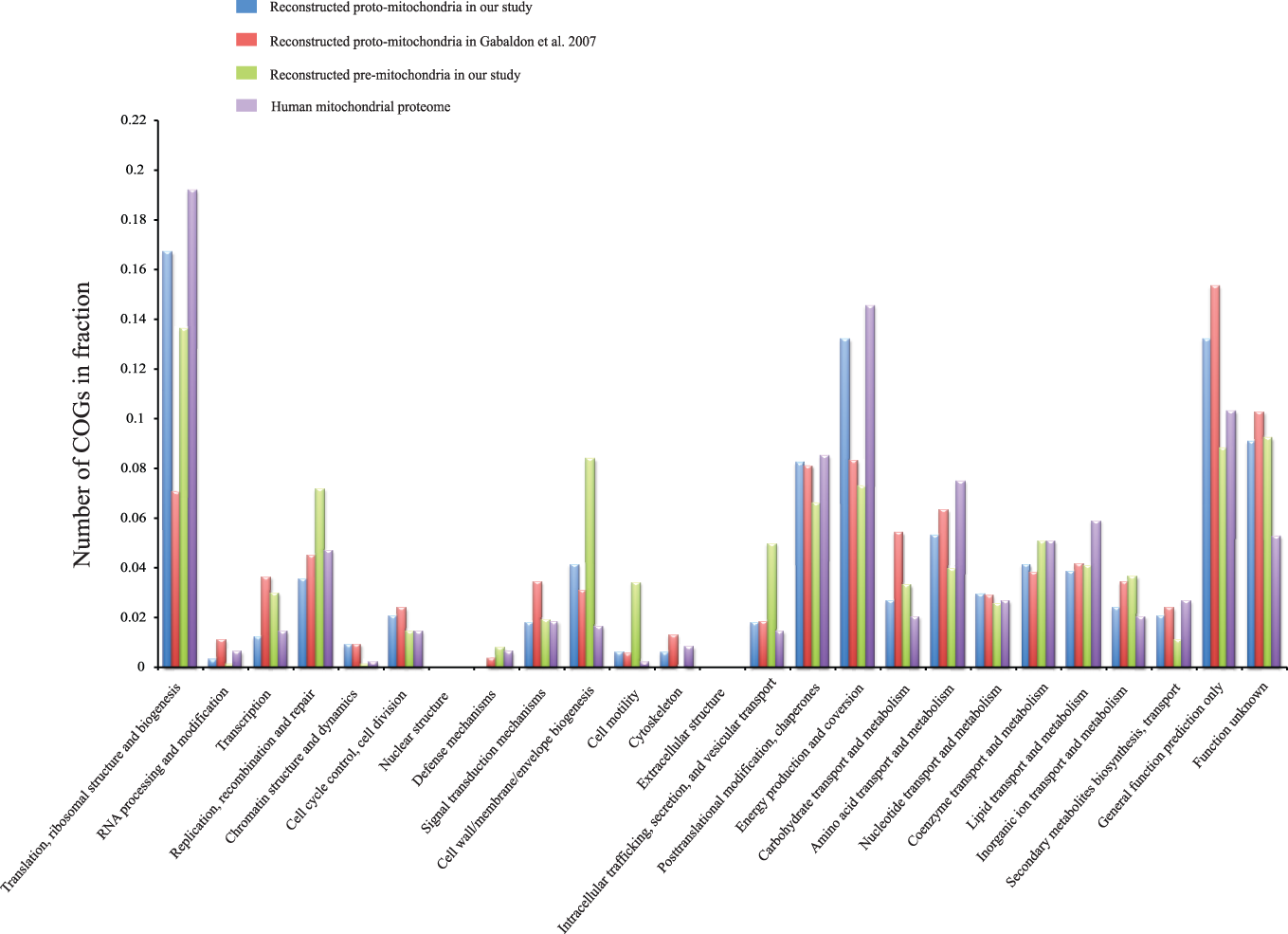
427186 30 , , 4459 , 394 , . , , - , - . , . , 394 -.

-, -, , , TCA, , , -, (, , ) , .
. , - . , , , . - , , .
- , . , . , de novo, . , , . (COG1215).
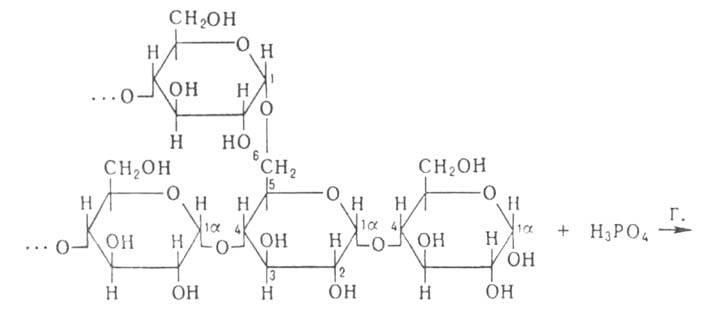
, , . , - ? ?
, « », ER, ER , . , , , , , . , , , . , , , ER. ?
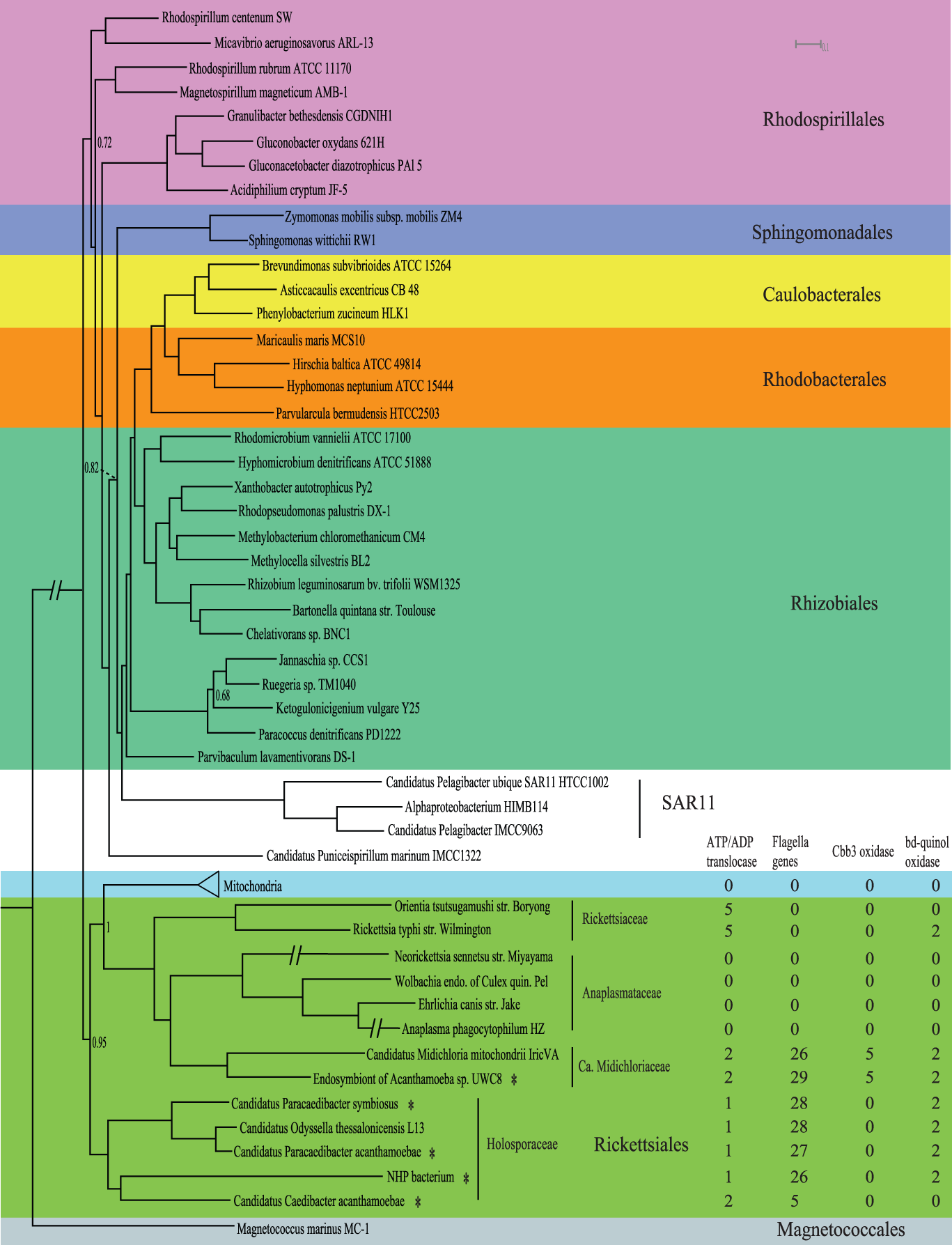
, . 5 . 44 - , 6 55 .
, Rickettsiaceae, Anaplasmataceae Candidatus Midichloriaceae, Holosporaceae.
, . , , . , , . , , -, . . .
, - . , -, . , , , LPS , , , , , , TCA, . , , , , , .
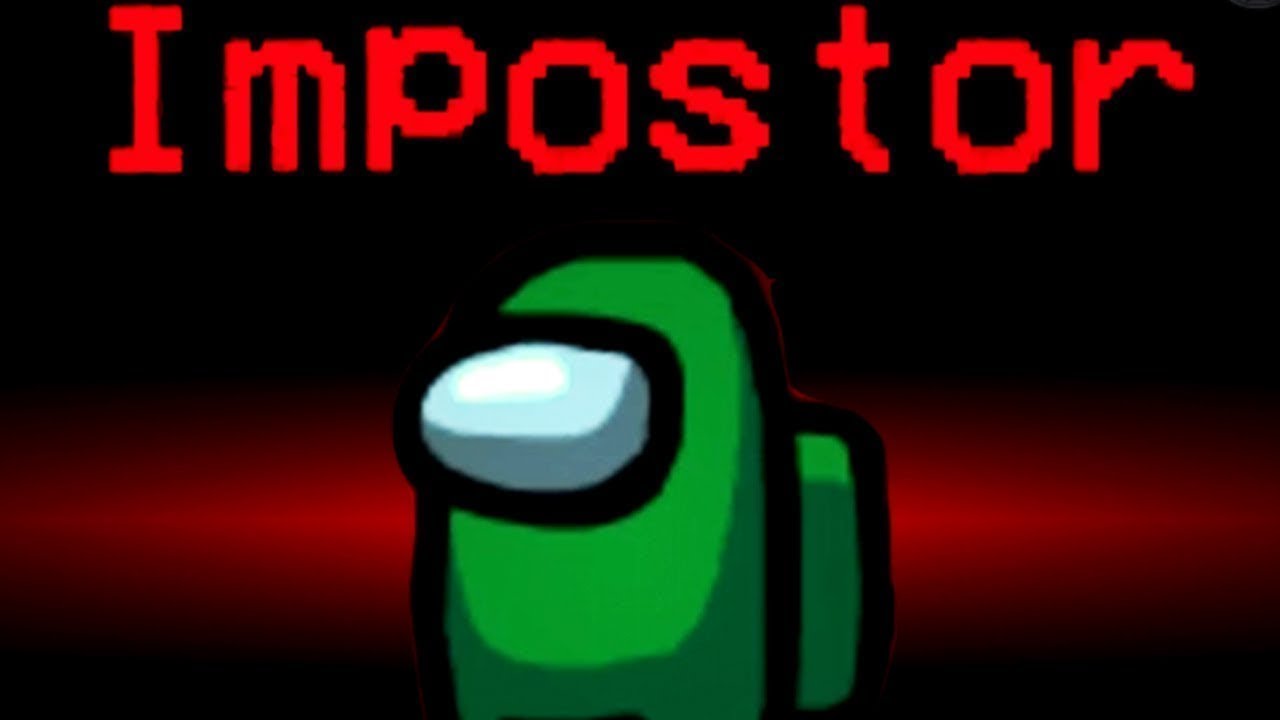
, , (, , ) , de novo ( ). , .
, - / , , . , , , , . . .. , , , , , .
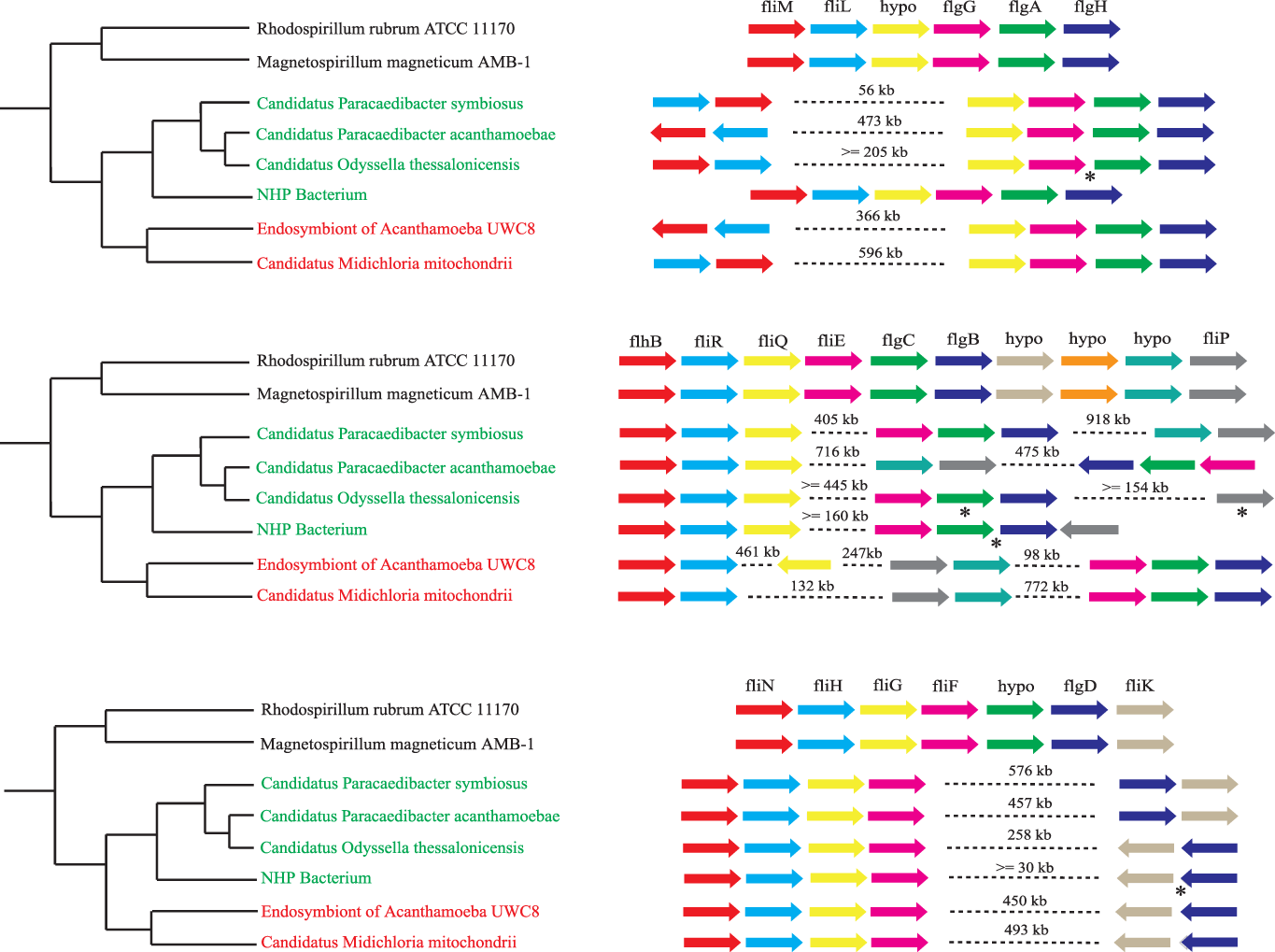
, 2011 , , [5] . , , .

2014 , . , , (, ), . .
. , , . , - , , , , . !

:
- - .
1. «Phylogenetic analyses with systematic taxon sampling show that mitochondria branch within Alphaproteobacteria» Lu Fan, Dingfeng Wu, Vadim Goremykin, Jing Xiao, Yanbing Xu, Sriram Garg, Chuanlun Zhang, William F. Martin and Ruixin Zhu; Nature Ecology & Evolution, 2020
2. Phylogenomic Reconstruction Indicates Mitochondrial Ancestor Was an Energy Parasite Zhang Wang, Martin Wu Published: October 15, 2014Gabaldon T, Huynen MA (2003) Reconstruction of the proto-mitochondrial metabolism. Science 301: 609.
3. Gabaldon T, Huynen MA (2007) From endosymbiont to host-controlled organelle: the hijacking of mitochondrial protein synthesis and metabolism. PLoS Comput Biol 3: e219.
4. Gabaldon T, Huynen MA (2007) From endosymbiont to host-controlled organelle: the hijacking of mitochondrial protein synthesis and metabolism. PLoS Comput Biol 3: e219.
5. Sachs JL, Skophammer RG, Regus JU (2011) Evolutionary transitions in bacterial symbiosis. Proc Natl Acad Sci USA 108 Suppl 210800-10807.